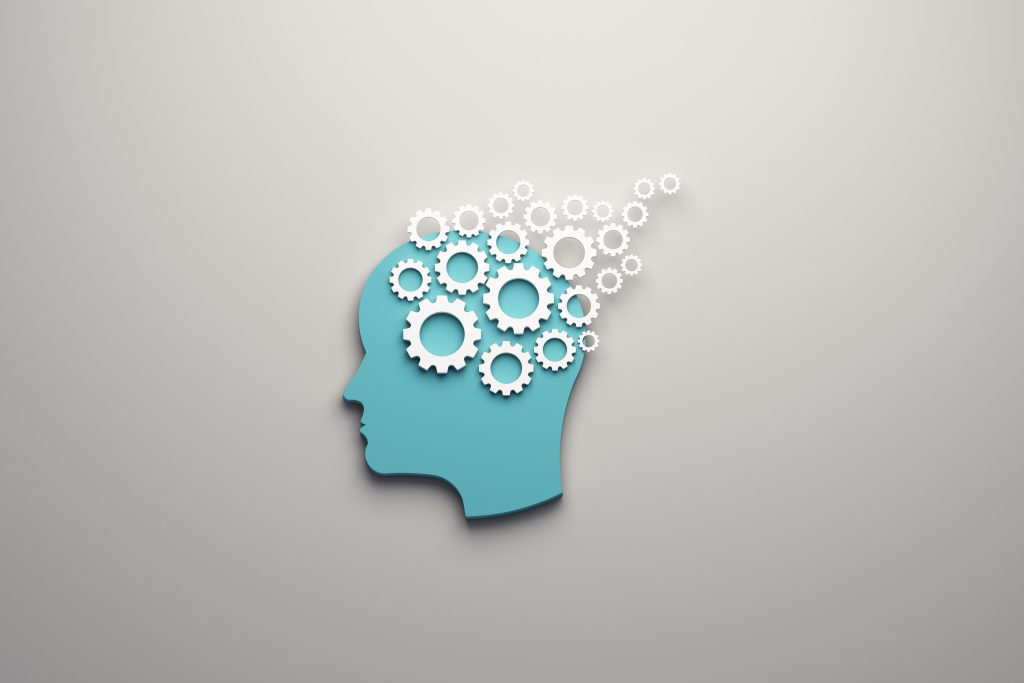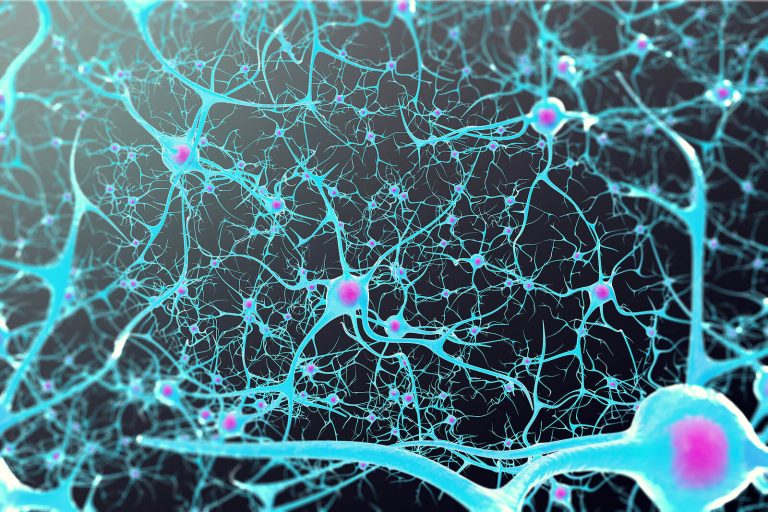Understanding Your Child’s Brain

As parents, you have natural instincts. Instincts about what your child’s brain needs without even realizing it.
90% of the brain develops by the age of 4. Significant events that happen during that time can really have an impact on the development and daily functioning of your child. We call it developmental trauma. So often, there is little to no control over traumatic events that happen during this time. If your child was premature, or exposed to high intrauterine cortisol level due to stress in your own life, it is out of your control. Life is stressful, medical complications happen, as do car accidents, and messy divorces. But what is in our control is how we can respond to those early life experiences.
Many times parents have said, “I just knew something was wrong.” They talk about fussiness, staring at ceilings or lights, or being avoidant of cuddles. But parents don’t just know when something is off; they know what helps brain development without realizing it.
The calm smooth rocking that often comes naturally to parents is roughly the same pace as a heart beat. Our brains are naturally calmed by patterned-repetitive movements. So when a baby is fussy, we aren’t just rocking a baby, we’re co-regulating. It’s a brain-based intervention. Have you ever noticed your child seeking patterned-repetitive movements? Rocking, swinging, pacing, biking, jumping, or spinning? All of these activities communicate something about your child’s system. Either they’re brain is needing to be calmed, or it’s needing stimulation. Spinning and jumping are activating while rocking and swinging calming. That’s why we rock a fussy baby and bounce a happy baby. Every child is different; some love activating activities while others want nothing to do with them, and others need it at different time.
It can be incredibly helpful to plan activating and calming activities during transitions for the day. When they get home from school, activating activities can help them burn some energy, which is often needed after being in a structured environment all day. Play is a wonderful thing and so important for healthy brains! Once they burn some energy and need to transition into homework or dinnertime, plan some time to down regulate with reading in a rocking chair, or listening to music (watch to see how they respond to different songs!). Use environmental cues to communicate to their system. Dim the lights as bedtime nears, use a diffuser with some lavender, pull out cozy blankets, and put on soft music. These are all ways of communicating to our system that it’s time to slow down.
Sometimes, your instincts are going to tell you your child needs something calming, but they are incredibly resistant to any activity that would help calm and regulate their system. Or maybe your child is so checked-out that you’re becoming concerned. The fact is, we all get stuck in patterns and routines and when we try something different it can get uncomfortable. The same is true for self-regulation. When their brain becomes so used to being either over or under activated, it becomes very difficult to relearn a new pattern. That’s why neurofeedback can be so helpful. It speaks directly to the brain. I love being able to tell parents to trust their gut. You know when something is off. Try making some changes to your child’s routine and if you continue to feel stuck in the same patters, maybe it’s time for a new approach. And if it is, we are happy to help.
Written by Bethany Wilson, M.A.
Call For a FREE Consultation
We serve the Denver Metro area of Colorado. Click the button below to call and Schedule an Initial Consultation. To Schedule Neurofeedback or Testing please call us at 720-248-8603
Recent Articles
Dispelling Neurofeedback Myths
Neurofeedback has become increasingly popular as a therapeutic tool for clients, but it remains misunderstood by many. Misconceptions about its…
Autism Testing for Adults: Why Diagnosis Still Matters
What is Autism? Autism is a neurological difference that impacts how one scales social interactions, interpersonal relationships, and experiences the…
The Intersectionality of Autism & LGBTQIA Throughout the Lifespan
If you have a child (of any age) who you think may be Autistic, has been diagnosed as Autistic, or…
Autism Diagnosis Support Guide: Interventions, Therapy, and Accommodations for All Ages
Understanding Your Diagnosis An Autism or other mental health diagnosis may be very overwhelming. Understanding a diagnosis can help lessen…





